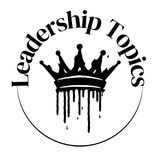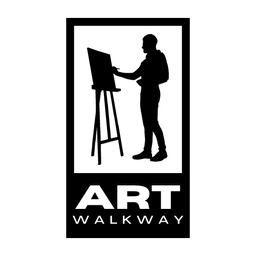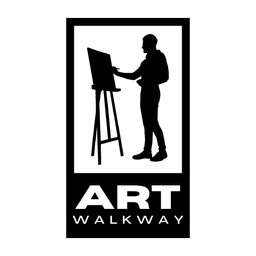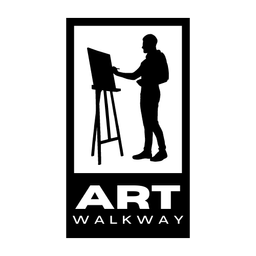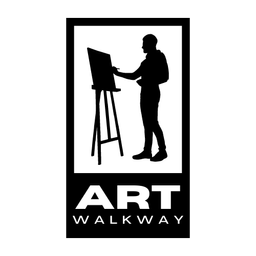Workplace Trends for 2025
The workplace in 2025 will be shaped by AI literacy, personalized mental health programs, dynamic workforce management, and innovative trends like gamification.

The future of work continues to evolve at a breakneck pace, with 2025 poised to bring new challenges and opportunities. As we navigate a world shaped by advancing technology, shifting employee expectations, and global workforce transformations, the key to thriving lies in anticipating and adapting to the latest trends. Predictions for 2025 highlight critical areas such as AI literacy, mental health initiatives, and workforce management strategies. Let’s explore the trends that will shape how we work in the coming year.
The Rise of AI Literacy in the Workplace
1. A New Era of AI Upskilling
Workplaces are recognizing that even employees without access to AI tools in their daily tasks are likely using these technologies personally. Organizations will invest heavily in AI literacy programs to address misinformation, protect intellectual property, and minimize risks to the business. Employers must help their teams adapt, ensuring that AI integration strengthens operations without creating vulnerabilities.
2. AI in HR: Transforming Talent Management
Human Resources is set to be revolutionized by AI. By automating routine tasks and offering data-driven insights, AI can free up HR professionals to focus on strategic initiatives. This integration will enhance hiring, employee development, and organizational decision-making.
3. Balancing AI Efficiency with Human Connection
While AI brings efficiency, leaders will need to strike a balance. Combining advanced technology with personal growth opportunities will create a dynamic, future-ready workplace. Upskilling programs that prioritize adaptability and emotional intelligence will ensure employees remain engaged and productive in evolving roles.
Mental Health Takes Center Stage
4. Prioritizing Employee Well-Being
Employee well-being is more than a buzzword—it’s essential for sustaining engagement and productivity. Organizations will expand mental health programs and emphasize work-life balance to foster resilience in their teams.
5. Beyond Traditional Assistance Programs
Traditional mental health support often misses the mark, leaving employees with unmet needs. Companies will shift to holistic wellness initiatives tailored to diverse teams, integrating personalized support to address mental health challenges more effectively.
Workforce Management: Shaping the Future of Teams
6. The Importance of Workforce Classification
As companies increasingly tap into global talent and the gig economy, proper classification of employees and contractors will become a critical focus. Missteps in this area could lead to legal and financial repercussions, making HR’s role in compliance more important than ever.
7. Viewing Workforces as Skill Communities
The rigid concept of job roles is fading. Companies will begin treating their teams as communities of dynamic skills that can be deployed flexibly to meet evolving business needs. This approach not only supports innovation but also enhances employee development.
8. Investing in Teams Over Individuals
Organizations are realizing that success often lies in collaborative efforts. Team-level performance assessments, onboarding, and incentives will take priority, emphasizing the value of collective accomplishments over individual contributions.
9. Leveraging the Global Talent Pool
Remote work and global hiring have created opportunities to build diverse teams. HR will focus on cultivating inclusive cultures across regions, aligning policies, and fostering collaboration. These efforts will ensure employees feel a consistent experience regardless of location.
10. Embracing the Side-Hustle Era
Millennials and Gen Z are increasingly turning to secondary income streams, a trend that challenges traditional notions of employee loyalty. Employers must navigate how to support entrepreneurial ambitions without losing talent to competing ventures.
11. Enhancing Documentation Practices
Clear and accessible documentation will play a key role in employee relations and compliance. Organizations will invest in tools and training to ensure fairness and consistency in managing performance issues and disputes.
12. A Return to the Office
2025 is expected to see more employers mandate partial return-to-office policies, balancing flexibility with the benefits of in-person collaboration. As hybrid models evolve, companies will seek to strike a balance that works for both employees and business goals.
Sustainability, Skills, and Regulation
13. Sustainability as a Core Leadership Skill
As environmental pressures grow, companies will integrate sustainability-focused skills like systems thinking and responsible innovation into leadership development programs. These efforts will redefine what it means to be a high-potential leader.
14. Regulatory Adjustments Post-Election
Workforce regulations could see significant shifts, particularly at the federal level. Employers must remain agile, adapting to potential changes in hiring practices, benefits, and compliance requirements.
Gamification: Boosting Engagement Through Playful Competition
15. Gamification in Employee Engagement
Organizations are increasingly leveraging gamification strategies to boost employee motivation and engagement. By incorporating elements like leaderboards, achievement badges, and rewards into workflows, companies can make routine tasks more enjoyable and drive healthy competition. This trend goes beyond fun—it’s about fostering a sense of accomplishment and encouraging skill development in innovative ways.
Gamification has proven effective in training programs, team-building initiatives, and even wellness challenges. In 2025, expect more businesses to adopt gamified approaches to improve employee retention, collaboration, and overall satisfaction.
The Takeaway: Adapting to a Transforming Workplace
Workplace trends for 2025 underscore the importance of adaptability and foresight. From AI literacy and mental health initiatives to the reinvention of workforce management, the year ahead promises both opportunities and challenges. By embracing these changes with a proactive mindset, organizations can position themselves—and their employees—for long-term success in a rapidly evolving world of work.
Leadership Topics
ART Walkway Highlights
For the latest trends in the art world, visit our sister magazine for in-depth features and exclusive insights:




